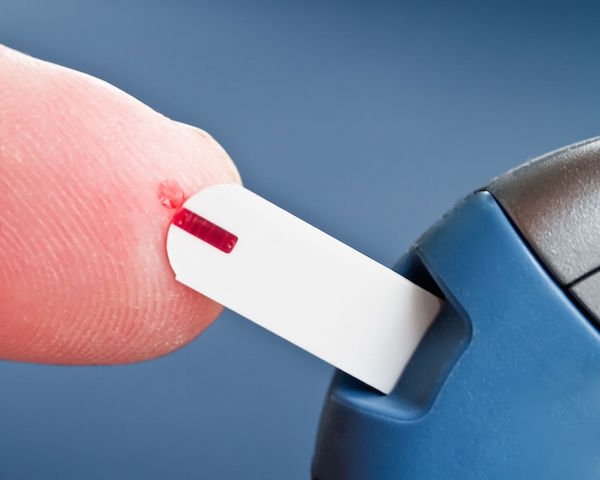
SATURDAY, Dec. 10 (HealthDay News) — Giving low-dose aspirin to patients after they’ve received stronger blood thinners for dangerous clots in the lungs could cut their odds of redeveloping the clots, a new study finds.
The clots in question are venous thromboembolisms (VTEs). These can include both the leg clots known as deep-vein thromboses, or pulmonary embolisms, clots in the lungs that can cause rapid pulse, shortness of breath, chest pain and even death.
Patients with VTE are typically given anticoagulants such as warfarin (Coumadin) to help prevent future clots and dissolve existing clots in the veins. However, about 15 to 20 percent of VTE patients redevelop blood clots within two years after completing such treatment, according to background information in the study.
Extending blood thinner treatment with powerful medicines such as warfarin can prevent recurrences, but it also carries an increased risk of bleeding. So, the longer term use of aspirin as an alternative therapy against recurrent blood clots in VTE patients has been advocated but is controversial. That’s because aspirin is typically used to prevent clots in the arteries, not the veins, and studies have yielded mixed findings about the aspirin’s effectiveness against VTEs.
This new study examined whether two years of low-dose (100 milligrams per day) aspirin therapy after an initial six to 12 months of warfarin therapy could prevent recurrent blood clots in VTE patients. The patients were followed for up to three years after completing their aspirin therapy.
The Italian researchers reported that blood clots recurred in 28 of the 205 patients who took aspirin and in 43 of the 197 patients who took a placebo — 6.6 percent versus 11.2 percent per patient-year, respectively.
Major bleeding occurred in one patient in each group and there was a similar rate of non-major bleeding.
The study was scheduled to be presented Saturday at the annual meeting of the American Society of Hematology (ASH) in San Diego.
“There has been significant debate on whether giving aspirin to a patient who suffers from VTE is beneficial,” lead author Dr. Cecilia Becattini, an assistant professor of internal medicine in the Internal and Cardiovascular Medicine and Stroke Unit at the University of Perugia, said in an ASH meeting news release. “Our study shows that aspirin, a common and low-cost drug found in most medicine cabinets, can be a valid alternative to oral anticoagulants for the extended treatment of VTE.”
Experts reacted positively to the new findings.
“This is a very important trial demonstrating a safe and effective alternative to long-term warfarin to reduce the incidence of recurrent venous thromboembolism,” said Dr. Robert Lookstein, director of cardiovascular imaging at Mount Sinai Medical Center in New York City. “This trial shows that a simple medication such as once-a-day aspirin can safely reduce the risk of recurrent DVT and protect patients against these devastating consequences,” he added.
But another expert noted an important caution. “It should be emphasized that this does not replace the initial treatment of VTE, which is heparin or warfarin anticoagulation,” said Dr. Glenn Jacobowitz, vice-chair of the vascular surgery division at NYU Langone Medical Center in New York City. “In my practice I would consider recommending low-dose aspirin after warfarin anticoagulation courses are finished for VTE. Patients should ask their physician about switching to lifetime low-dose aspirin after finishing a standard six- to 12-month course of warfarin anticoagulation for VTE.”
Data presented at medical meetings should be considered preliminary until published in a peer-reviewed journal.
More information
The American Academy of Family Physicians has more about deep vein thrombosis.

